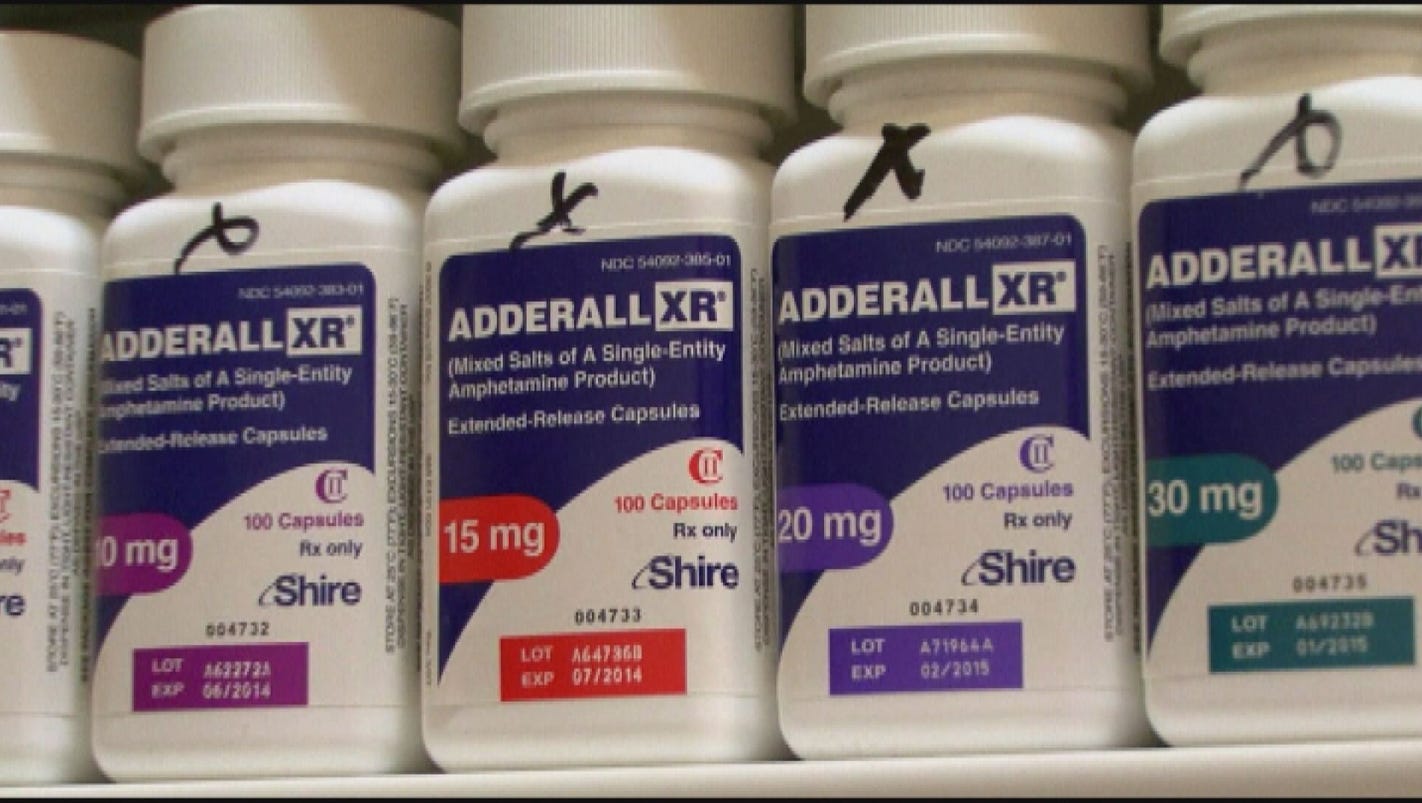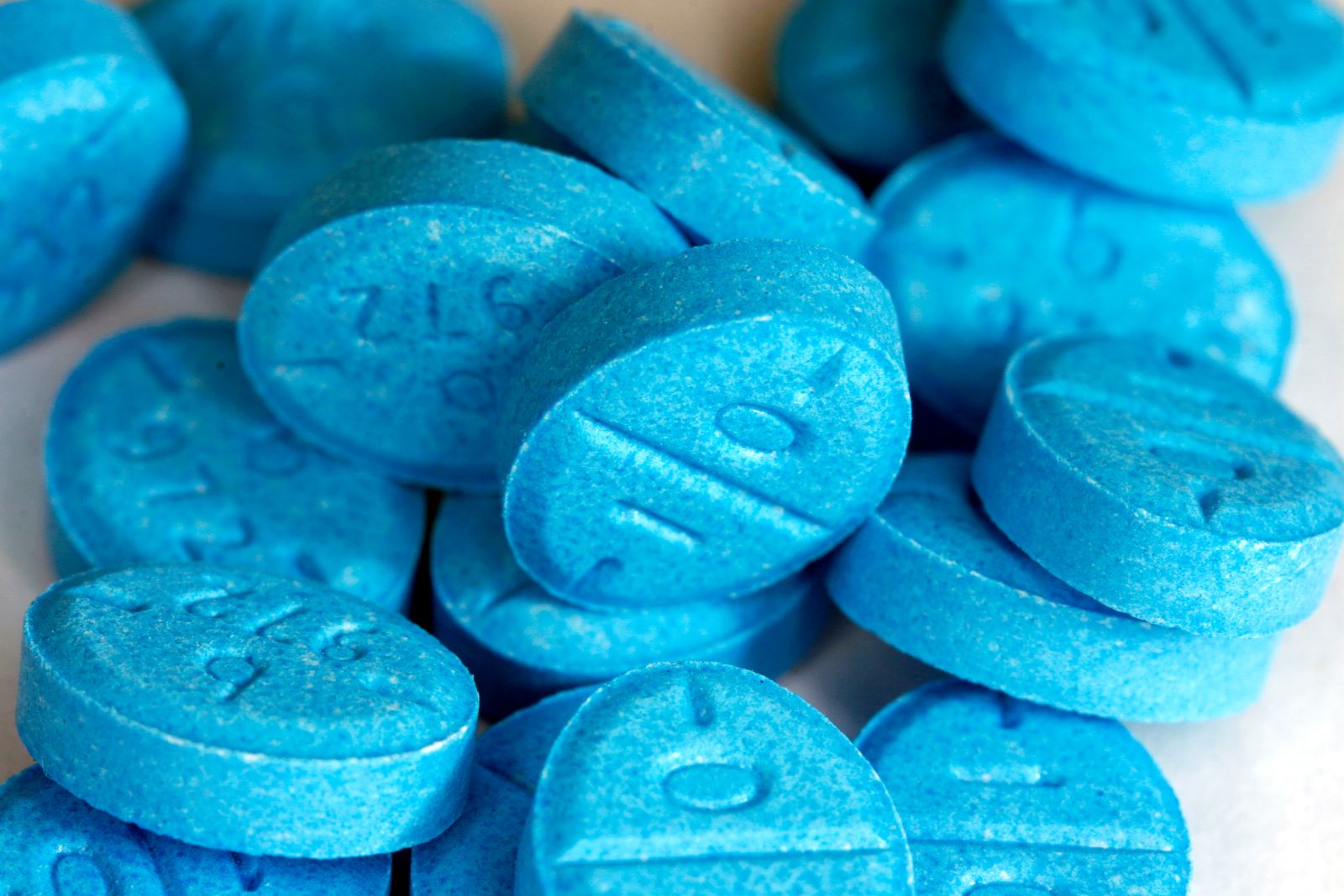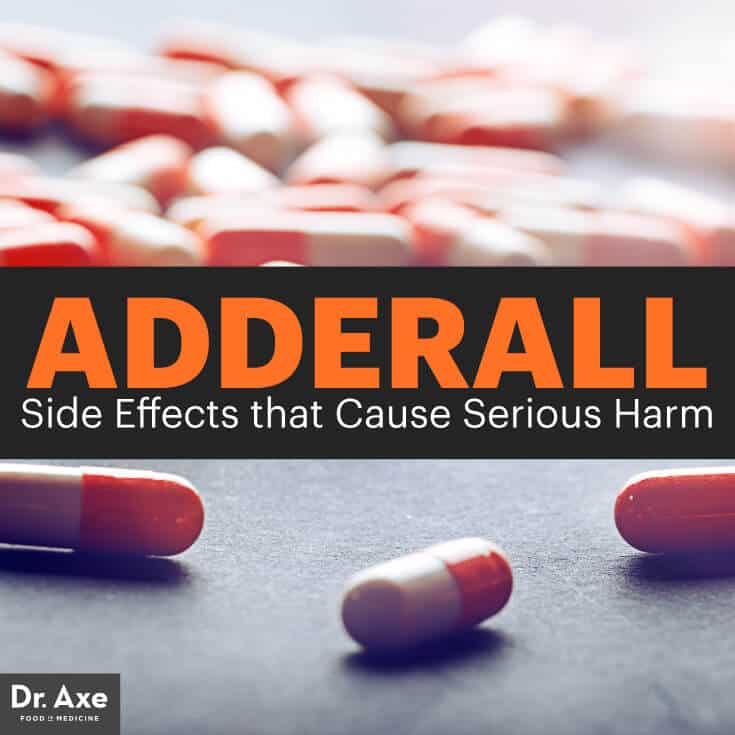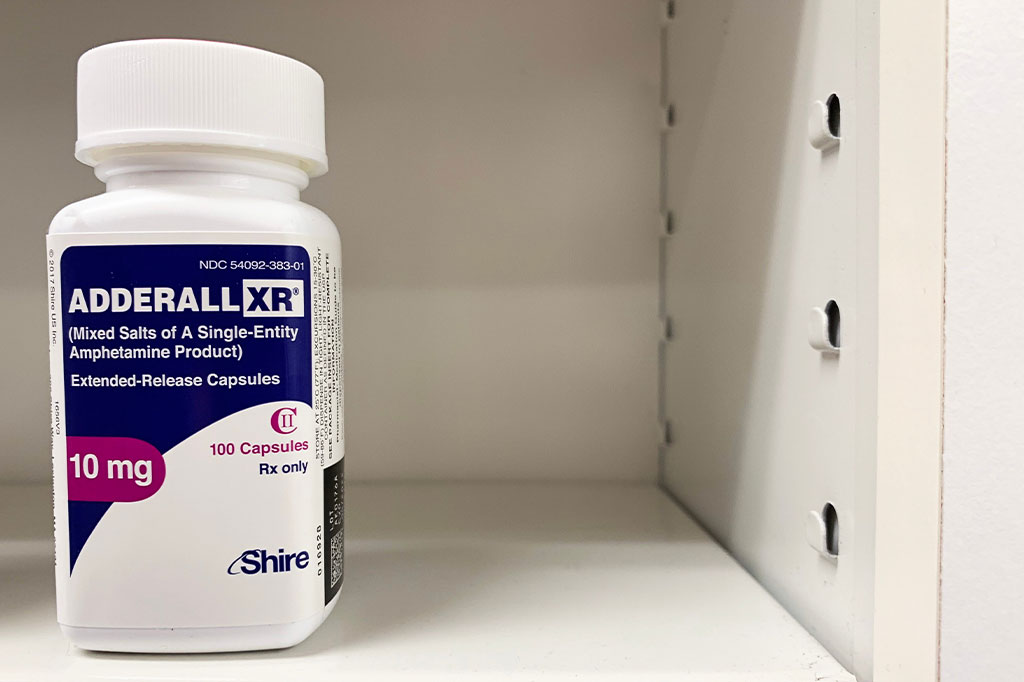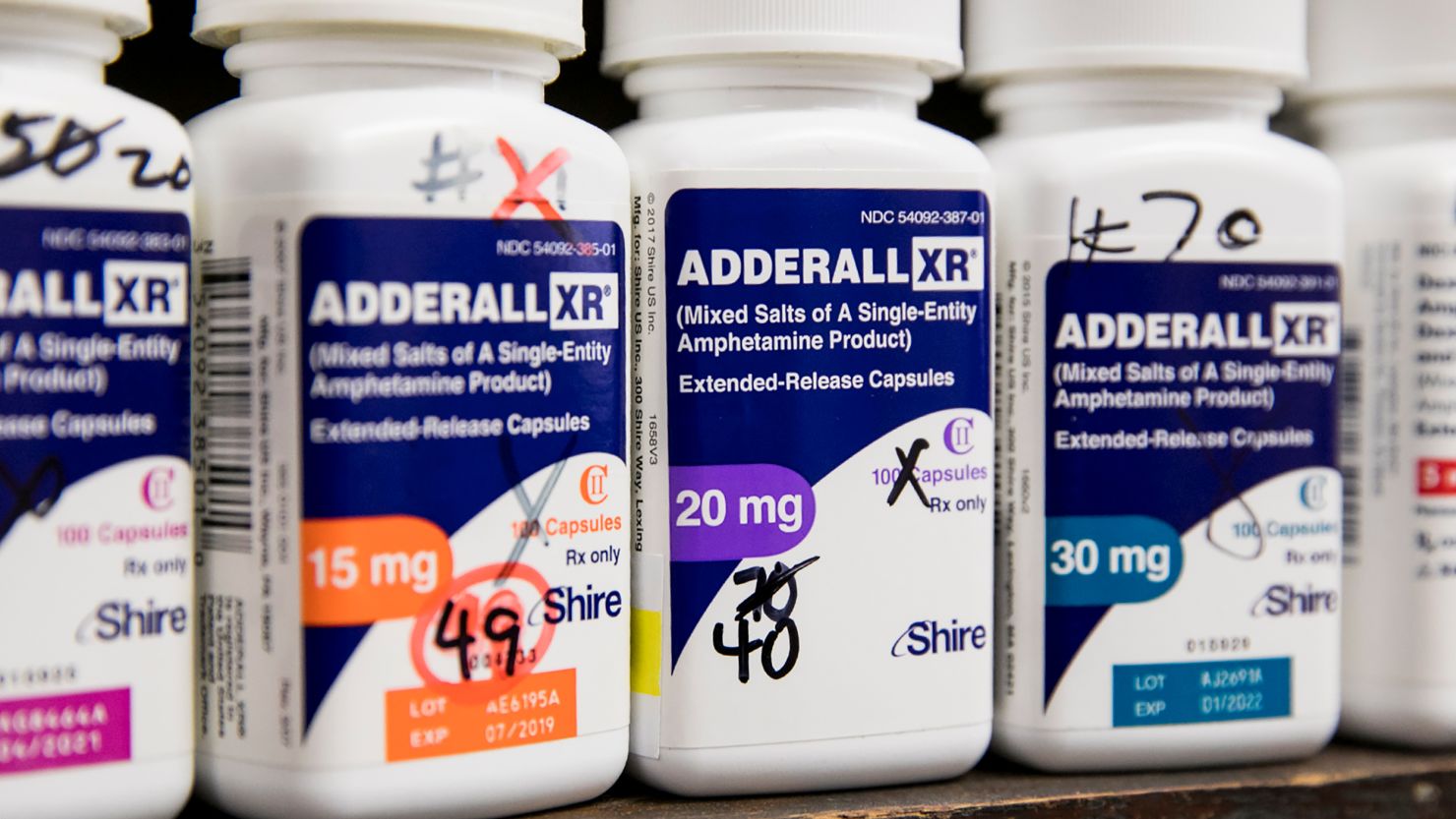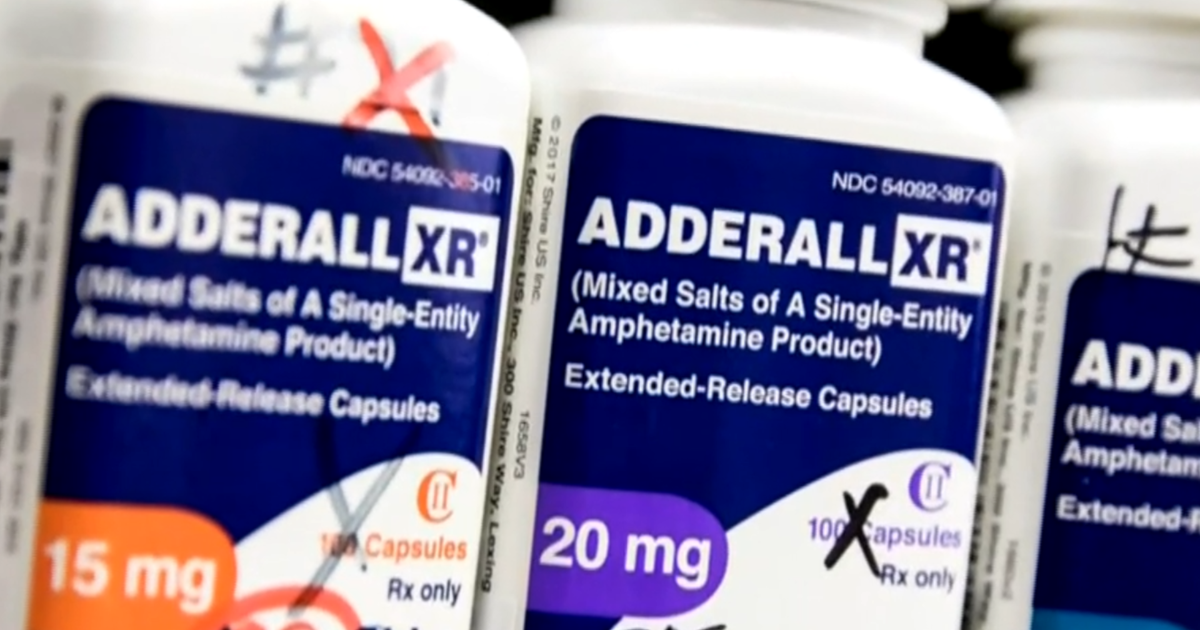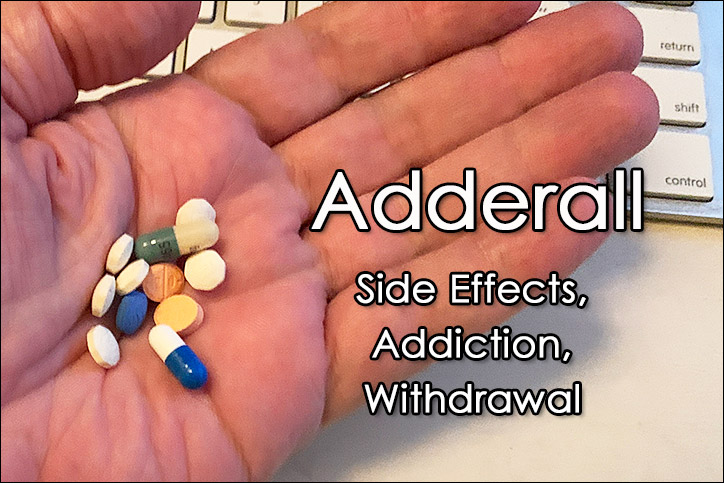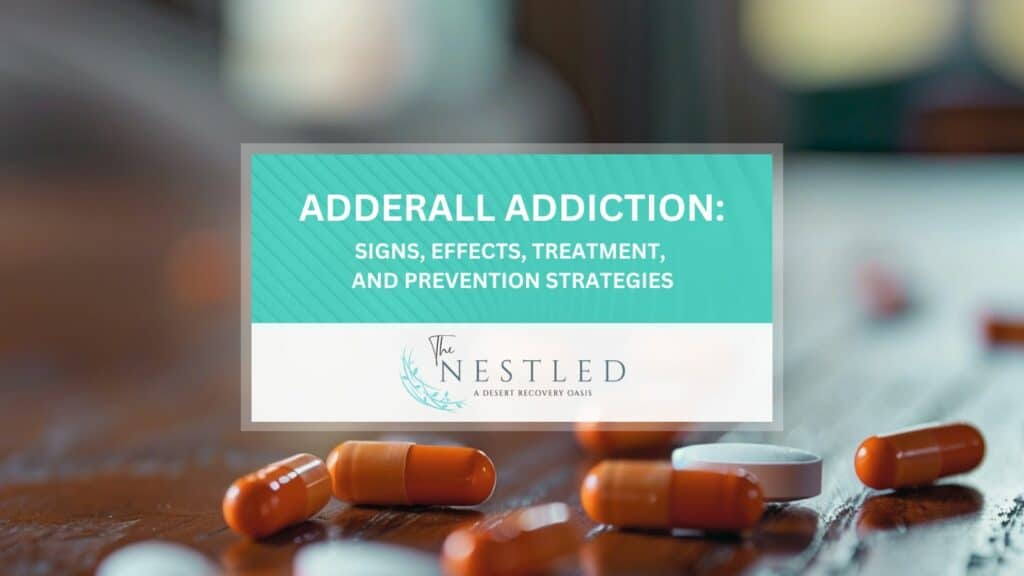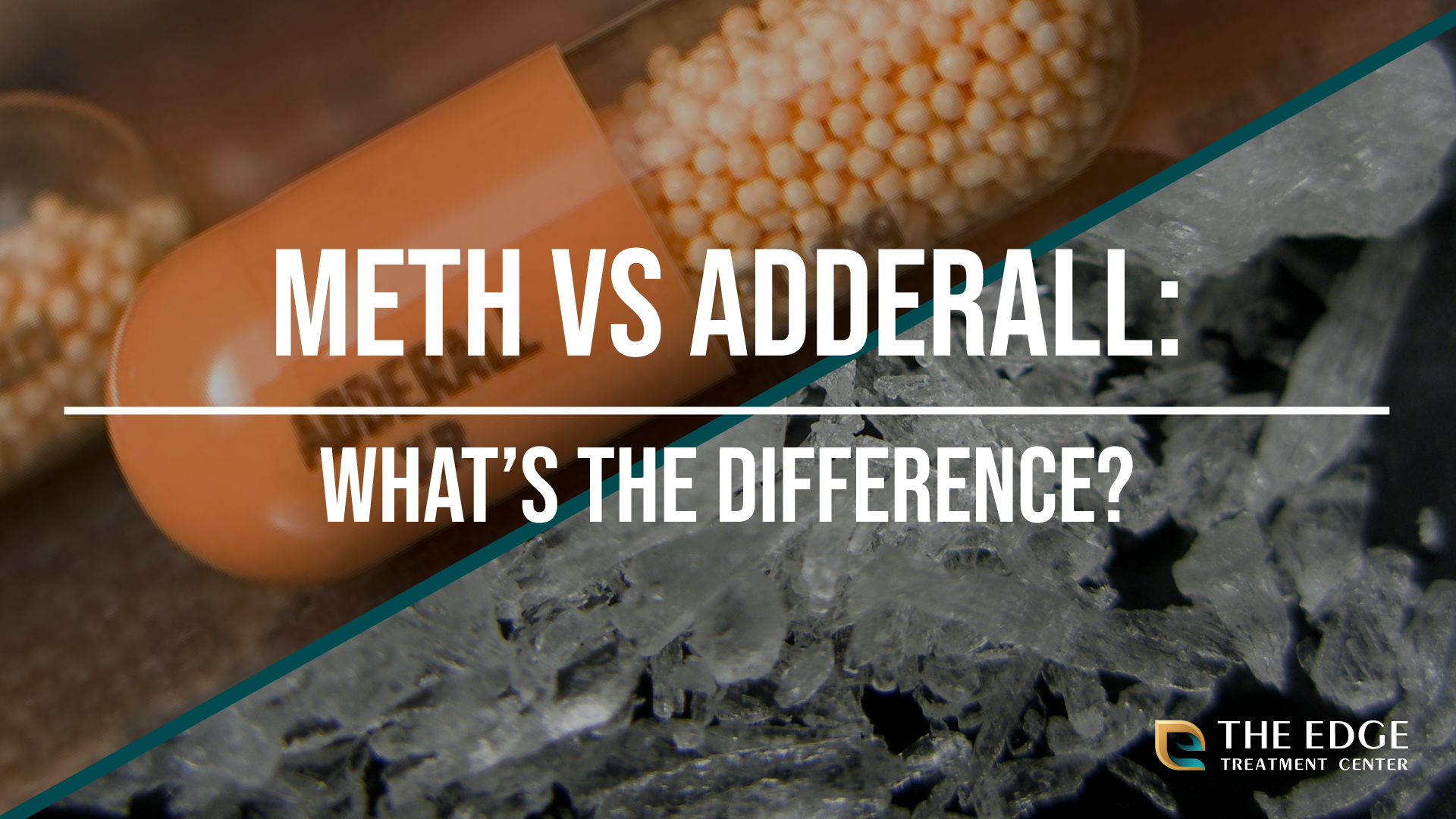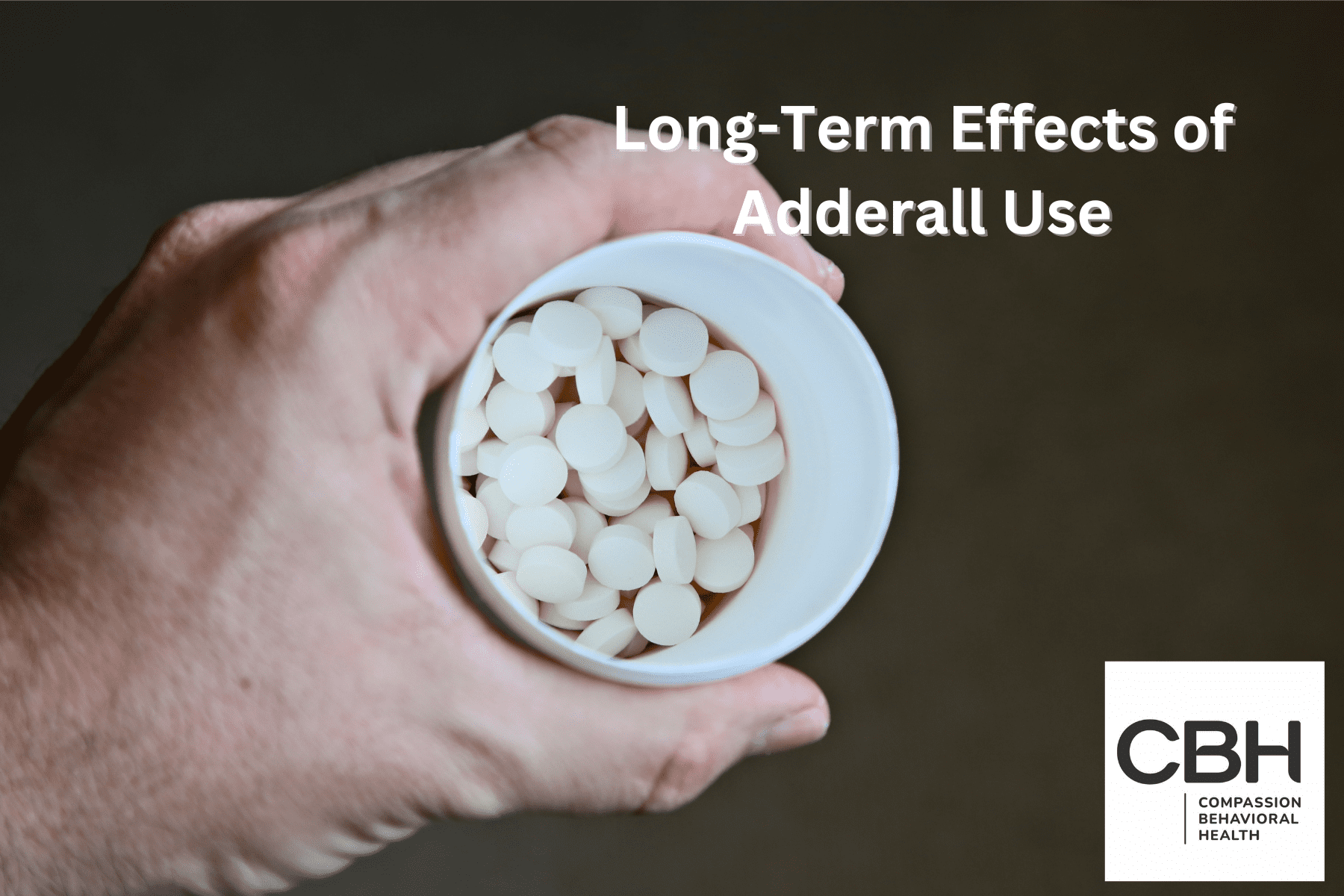Best Over The Counter Substitute For Adderall
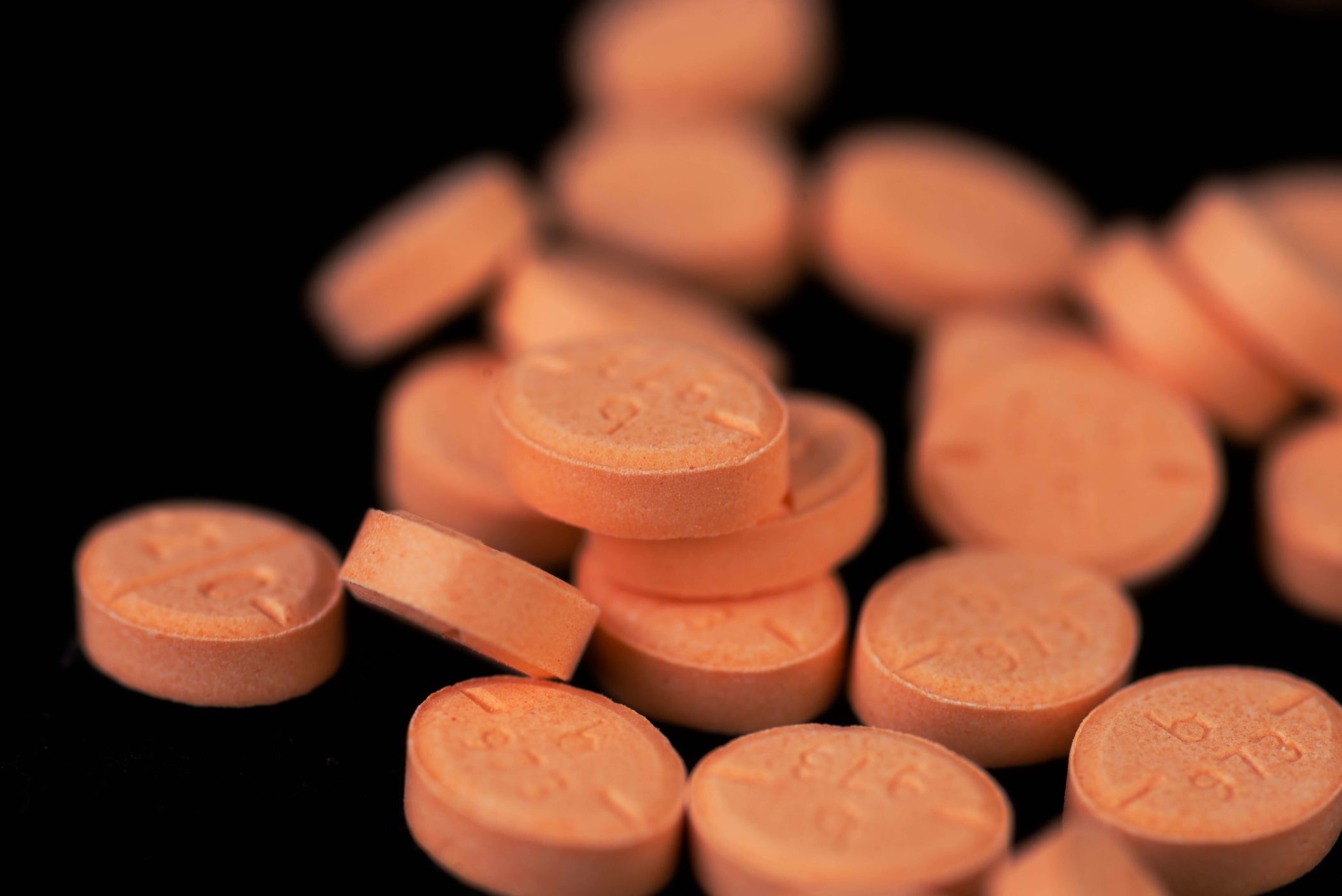
The search for over-the-counter (OTC) alternatives to prescription medications like Adderall, used primarily for treating Attention Deficit Hyperactivity Disorder (ADHD), has seen a surge in recent years. This heightened interest stems from factors such as accessibility, cost, and the desire to avoid potential side effects associated with prescription stimulants.
This article aims to provide an objective overview of the available OTC options often considered as substitutes for Adderall. It is crucial to emphasize that no OTC product replicates the precise effects of prescription ADHD medications, and consulting a healthcare professional is always recommended.
Understanding the Demand for OTC Alternatives
The demand for OTC Adderall substitutes is multifaceted. Many individuals seek alternatives due to the challenges associated with obtaining a prescription, including doctor's visits, evaluations, and potential stigma. Cost can also be a significant barrier, as prescription medications can be expensive, even with insurance.
Furthermore, some individuals are concerned about the potential side effects of prescription stimulants, such as insomnia, anxiety, and appetite suppression. This has led to a growing interest in natural or herbal alternatives, which are perceived as having fewer side effects.
Commonly Explored OTC Options
Several OTC products are frequently mentioned as potential Adderall alternatives, although their efficacy varies and is not always supported by robust scientific evidence. These options typically focus on improving cognitive function, focus, and energy levels.
Caffeine and Energy Drinks
Caffeine, a stimulant found in coffee, tea, and energy drinks, is a widely used OTC option for boosting alertness and focus. While caffeine can temporarily improve concentration and reduce fatigue, its effects are generally shorter-lived and less potent than prescription stimulants. Overconsumption can also lead to adverse effects such as anxiety, insomnia, and heart palpitations.
L-Theanine
L-Theanine, an amino acid found in green tea, is often combined with caffeine to promote a state of relaxed alertness. Some studies suggest that L-Theanine can reduce the anxiety associated with caffeine consumption while enhancing cognitive performance. However, its effects are subtle and may not be noticeable for everyone.
B Vitamins
B vitamins, particularly B6 and B12, are essential for brain function and energy production. Deficiencies in these vitamins can lead to fatigue and cognitive impairment, so supplementation may improve energy levels and focus in deficient individuals. However, B vitamin supplementation is unlikely to provide significant cognitive benefits for individuals who are not deficient.
Omega-3 Fatty Acids
Omega-3 fatty acids, found in fish oil and other sources, are important for brain health and cognitive function. Studies suggest that omega-3 supplementation may improve attention and reduce hyperactivity in some individuals with ADHD. However, the evidence is mixed, and more research is needed to confirm these findings.
Herbal Supplements
Several herbal supplements are marketed as cognitive enhancers, including Ginkgo biloba, Bacopa monnieri, and Rhodiola rosea. Ginkgo biloba is believed to improve blood flow to the brain, while Bacopa monnieri is thought to enhance memory and cognitive function. Rhodiola rosea is an adaptogen that may reduce stress and improve mental performance. However, the scientific evidence supporting the efficacy of these supplements for ADHD is limited, and potential interactions with other medications should be considered.
The Importance of Consulting a Healthcare Professional
It is crucial to emphasize that no OTC product is a direct substitute for prescription Adderall. Individuals considering OTC alternatives should consult with a healthcare professional to discuss their specific needs and potential risks. A healthcare provider can provide personalized recommendations and ensure that any OTC supplements are safe and appropriate for the individual.
Self-treating ADHD with OTC products without proper medical guidance can be risky and may delay the diagnosis and treatment of underlying medical conditions. It is also important to note that the FDA does not regulate dietary supplements as rigorously as prescription medications, so the quality and purity of OTC products can vary.
Ethical Considerations and Responsible Use
The use of OTC cognitive enhancers raises ethical considerations, particularly in academic and professional settings. Some individuals may feel pressured to use these products to gain a competitive edge, which could create an uneven playing field. It is important to use OTC supplements responsibly and ethically, and to avoid misrepresenting their effects.
Furthermore, individuals should be aware of the potential for abuse and dependence with some OTC stimulants, such as caffeine. Excessive caffeine consumption can lead to addiction and withdrawal symptoms, so moderation is key.
Conclusion
While the desire for OTC alternatives to Adderall is understandable, it is important to approach these options with caution and a critical eye. No OTC product can replicate the precise effects of prescription ADHD medications, and consulting with a healthcare professional is always recommended. Responsible use, ethical considerations, and awareness of potential risks are essential when exploring OTC cognitive enhancers.
The information provided in this article is for informational purposes only and should not be considered medical advice. Always consult with a qualified healthcare professional before making any decisions about your health or treatment.
